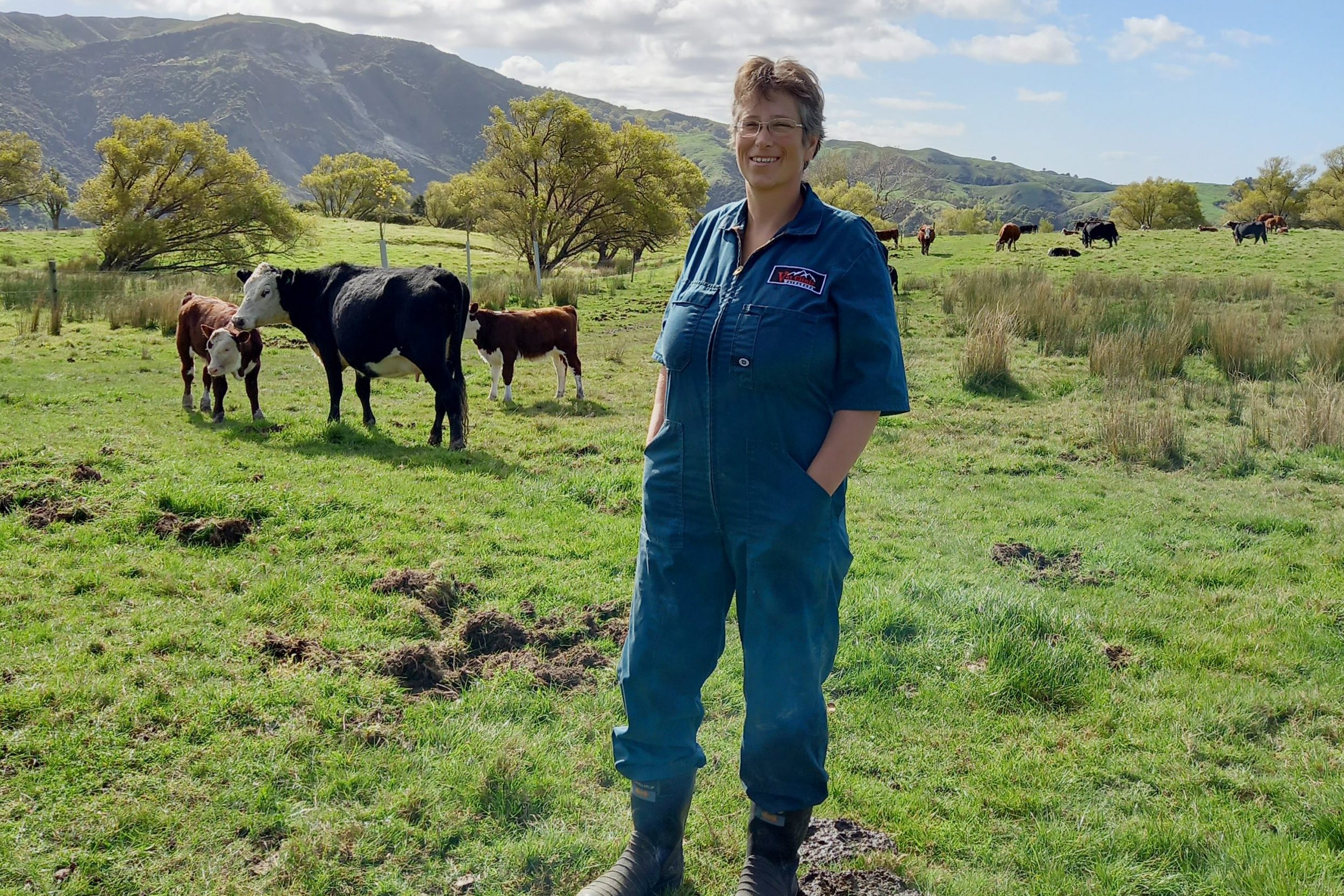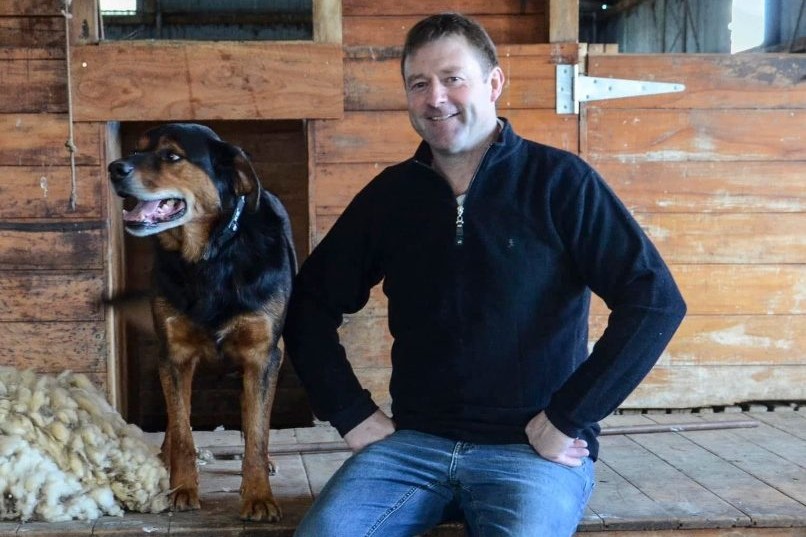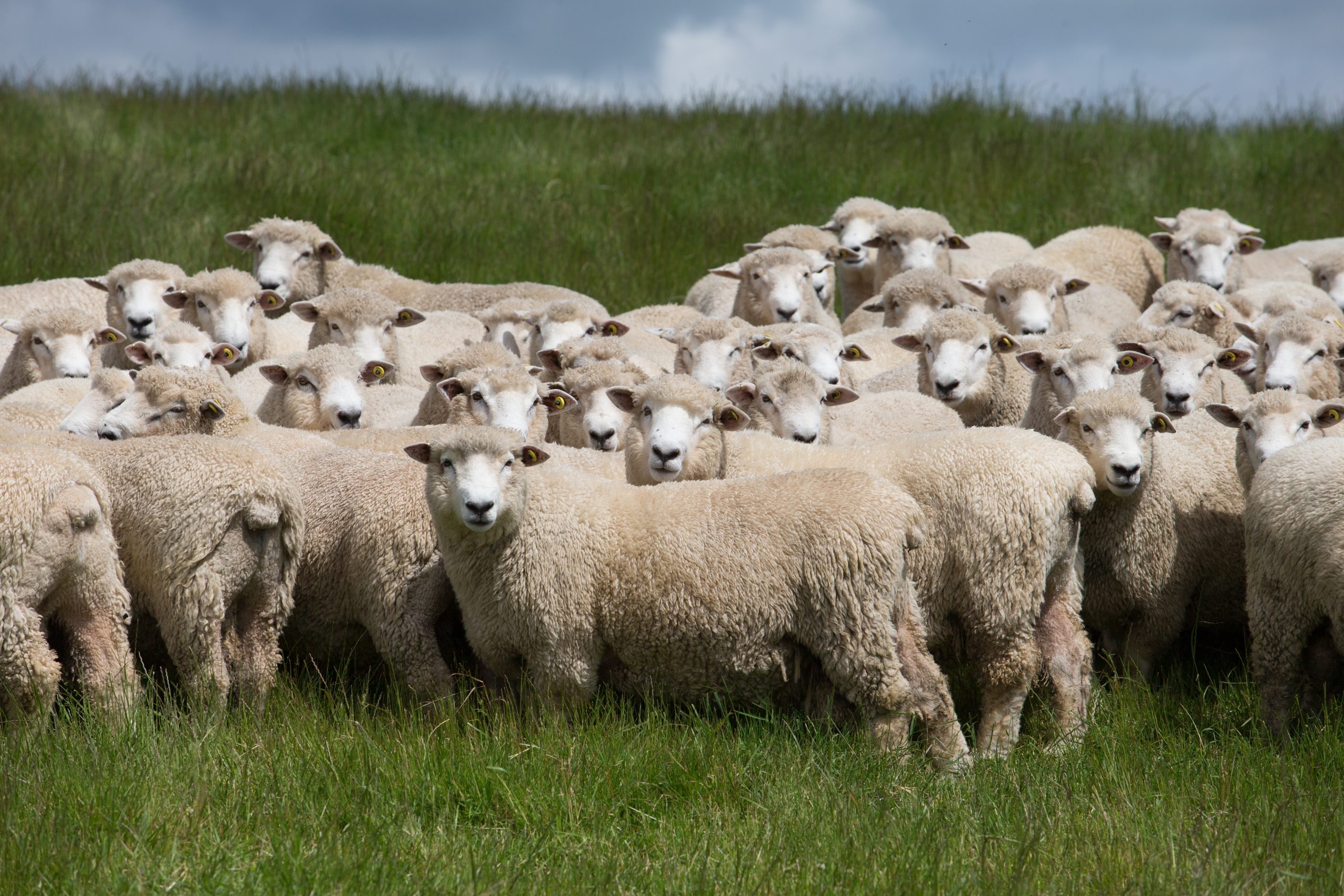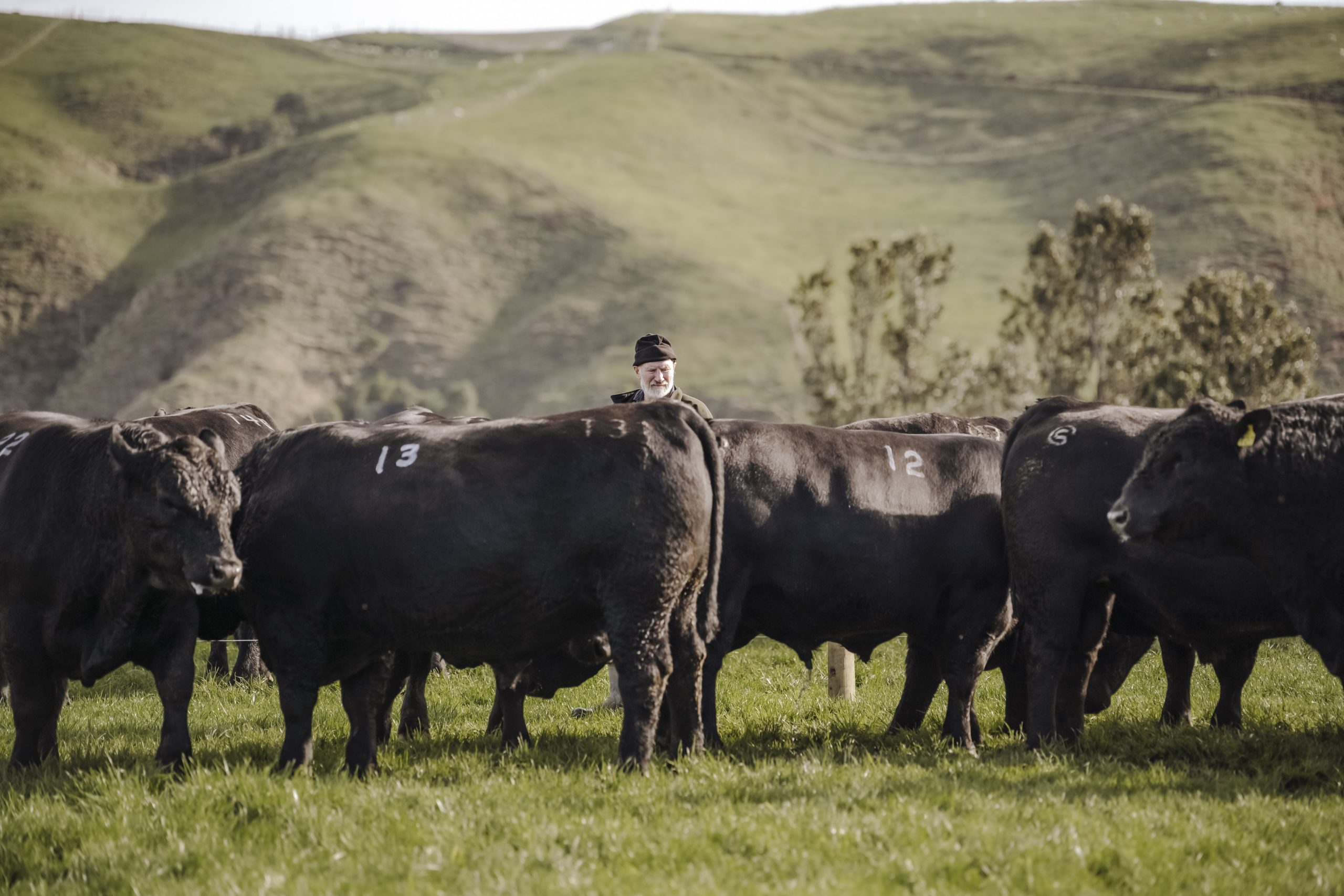Bob Thompson
Arguably the best piece of value-based, multi-breed beef genetics work carried out in New Zealand has recently been reported through the Beef + Lamb Genetics Dairy-Beef Progeny Test programme.
There are rich streams of gold in this work and it doesn’t matter whether you’re a breeder or finisher, a beef farmer or dairy farmer, a traditionalist or of exotic persuasion. The Beef + Lamb Genetics dairy-beef progeny test programme commenced in 2015 with the first two-years’ matings at Limestone Downs in northern Waikato and has continued at Pamu Renown at Wairakei near Taupo.
To date 106 bulls representing 11 different breeds have been mated to ~5000 dairy cows via AI to provide the most comprehensive multi-breed progeny test comparison that we’ve seen in NZ for at least 40-years. Not only is there a treasure-trove of information on differences between breeds, but we’ve also been treated with some great within-breed comparisons.
In a nutshell this is a quality programme which will unlikely be rivalled in NZ or elsewhere. Certainly, the work is relevant for NZ farmers having been researched in our own ‘backyard’ with a focus on value-based outcomes.
Initially the programme reported gestation length, calving ease with weaning and yearling data. In the last two-years we’ve seen the progeny coming through to slaughter and the start of the carcase evaluation work. The programme has new bulls being mated every year, so there’s plenty more progeny in the pipeline providing year-on-year updates.
That means we’ll be treated to more and more quality information and be discovering better and better bulls – it’s exciting and a never-ending story. However, the continuation of the programme is predicated on being adequately funded. On that note full credit must go to Beef + Lamb NZ for continuing with funding support through some very challenging times.
The results are convincing and come off the back of a well-designed, managed and reported progeny test programme thanks to Dr Rebecca Hickson, Associate Professor Animal Science, Massey University.
Table 1a shows the top 20 beef bulls identified from the 106 progeny tested bulls to date. The criteria for identifying these bulls was based on progeny being in the top 50% for 600-day weight conditional on a birth weight of less than 38kg and a gestation length of less than 282-days.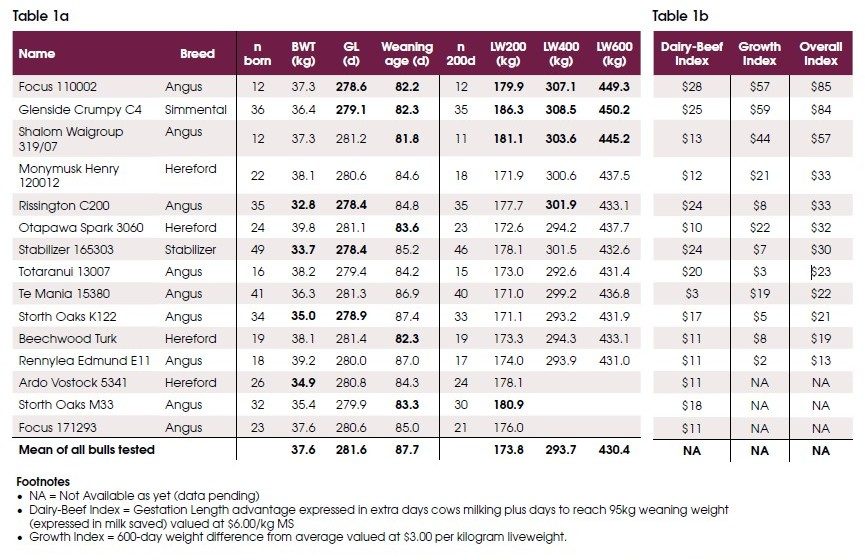
Table 1a has been extended to Table 1b where approximate relative economic values have been placed on the progeny performance differences.
The Dairy-Beef Index is based on the effect gestation length has on days in milk in the dairy herd with a pay-out of $6.00 per kilogram milk solids. The gestation length value is added to the difference in time (and therefore cost of feed) it takes for calves to reach the threshold 95kg weaning weight.
There’s real tension within this index as shorter gestation is moderately and positively correlated to lower birthweight and lower birth weight calves have more weight to make-up to reach the 95kg weaning weight.
The Growth Index is more straight forward and is simply the progeny difference from average multiplied by $3.00/kg liveweight (50% of a $6.00 prime beef schedule). And the Overall Index is the sum of the Dairy-Beef Index and the Growth Index.
In NZ we don’t yet have an official Dairy-Beef Index and no doubt there will be debate over how this should be calculated. Likewise, the threshold values assumed for selecting the top 20 bulls reported could also be debated and discussed and so readers are invited to consider how these results can best be presented. For more comprehensive beef progeny test reporting readers are invited to visit the Beef + Lamb Genetics website at www.blnzgenetics.com/progeny-tests/beef-progeny-tests.
It should be noted that the Dairy-Beef Progeny test results do not include the maternal performance of the bulls’ progeny and so readers are also encouraged to look to the Beef Progeny test results which are reported on the same Beef + Lamb Genetics website as the dairy-beef results.
Notwithstanding the lack of maternal results in the Dairy-Beef Progeny test, Beef + Lamb Genetics are encouraged to consider once-breeding the dairy-beef heifer offspring in the dairy-beef programme to gain some valuable insights into reproduction and weaning performance.
First mating, calving and weaning performance has a good association with lifetime production and therefore would provide an early indication of maternal performance. The heifers would be marketed to processing following weaning thereby retaining the valuable carcase data that is also important to the programme.
Please refer to Dr Hickson’s article on the Dairy-Beef Progeny Test beef carcase evaluation work for further valuable information on this programme.
• Bob Thomson is an Agfirst consultant.

